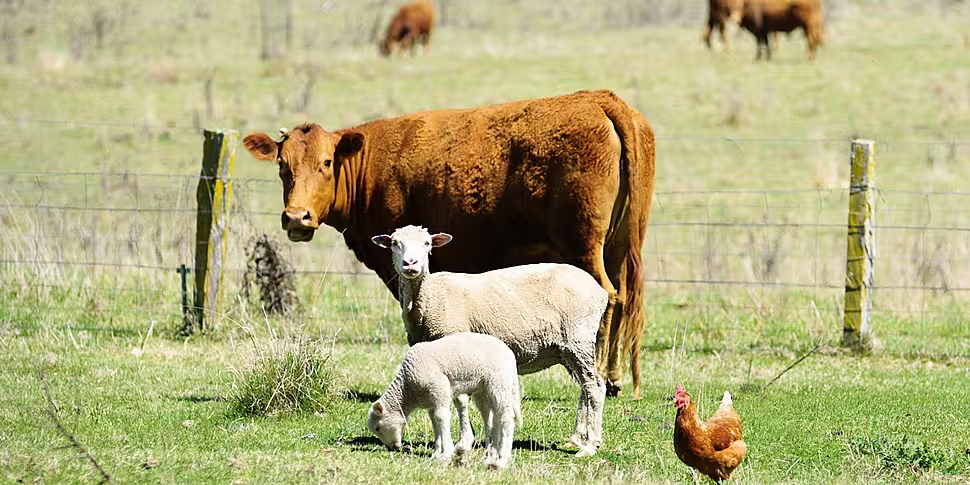A proposal to tax methane emissions from animals in New Zealand would see higher prices for consumers.
That's according to Paul O'Brien, chair of the IFA's environmental committee.
He was speaking as the country unveiled a plan to tax sheep and cattle burps, in a bid to tackle one of the its biggest sources of greenhouse gases.
This would make New Zealand the first nation to charge farmers for methane emissions from animals they keep.
Mr O'Brien, who is also a sheep farmer, told Pat Kenny: "At the moment these are still only think-tank giving recommendations.
"I would be strongly concerned of the direction that this is going.
"Obviously I would be worried about the bottom line - if there is going to be any additional taxes or levies put on my farming system, how will I be able to recuperate that back in the marketplace at the moment?
"I see this as being very much a case of this will have to go back then to the end consumer, the end consumer will be expected to pay more money for produce.
"The taxation on farming will ultimately have to go back to the end consumer".
Concerns over price
Climate scientist Peter Thorne says farmers have helped design the new system.
"There are really interesting parts of it, for example, that the farmers have been involved with the design of this process.
"So broadly speaking, anything that starts to bring farmers and policy-makers together and stop them working apart is to be welcomed.
"There are of course many details in this which will require being hammered out, and there is some concern that the price is far too low.
"But it will interesting to see how it develops".
And he says the tax would be measured by herd size.
"You clearly cannot measure the emissions from every single animal, particularly if they're out on pasture.
"So there are assumptions... we're able to measure and quantify in experimental conditions the affects of things like food additives".









